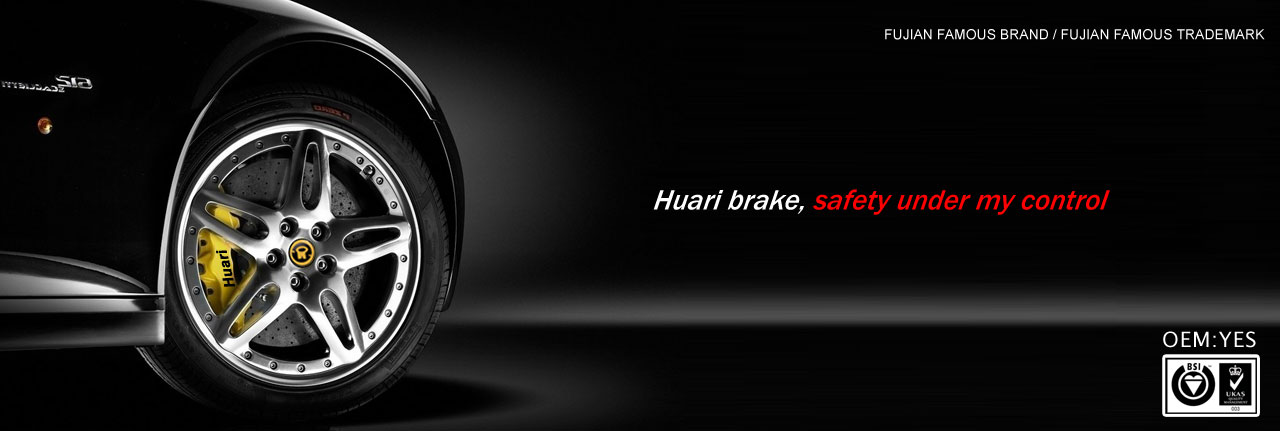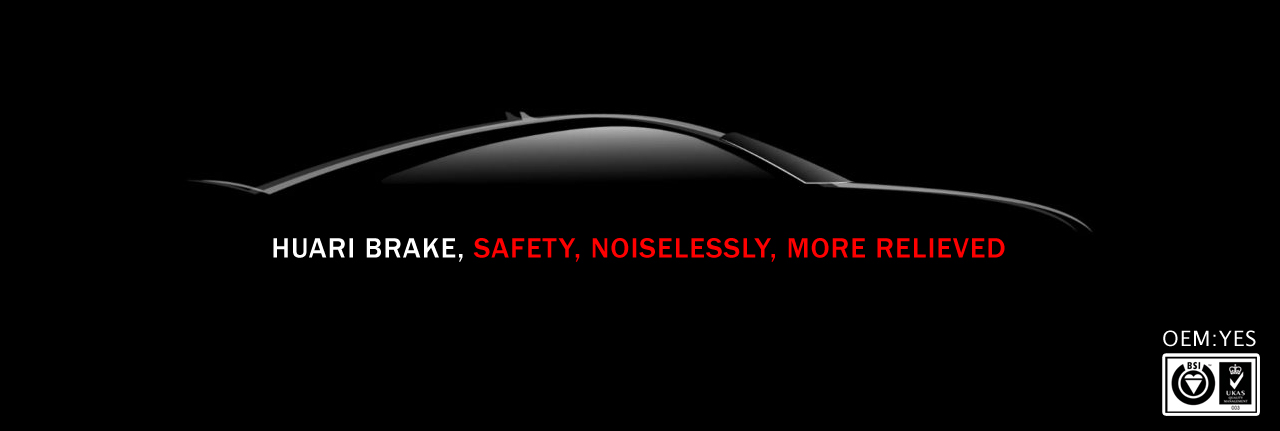What is a Ceramic Brake Pad
There has been a lot of talk, news and claims surrounding Ceramic brake pads in recent years. We would like to shed some light on the term and its proper meaning.
The term “ceramic” refers to a very broad class of materials. Technically, these are inorganic, non-metallic materials that are formed due to the action of heat. In real world application, they may be used to form a teacup, a brick, jet engine turbine blades or tank armor. The possibilities are very broad, because the range of material properties and quality available is also quite broad. In brake pads, ceramics may be present in particle or fiber form. The fiber form is generally being phased out of advanced formulations, so today we will concentrate on their use as abrasives.
In the best brake pads, high-quality ceramic abrasives serve two important beneficial functions. First, they directly affect the friction created, and therefore, the brake pad’s output (“stopping power”). Second, they help clean rust and other contaminants off the rotor, ideally creating a consistent and well-managed braking surface.
However, it is important to understand that the wrong ceramics, poor quality ceramics, use of incompatible materials elsewhere in the formulation or too much ceramic content, can cause effects such as brake squeal, brake dust, brake roughness and or heavy rotor wear.
More ceramic content is not necessarily better, the correct formulation is! Think of it this way – if the recipe for a delicious cake calls for one egg, will it be even better with six eggs? Of course not! Quality trumps quantity every time. Obviously, we want all of the positives without any of the negatives, so how do we get there?
The answer lies in the recognition that ceramic materials are at their best when they are very carefully specified and (this is important) are combined with other equally specific, high quality ingredients. Ceramic particles can differ greatly in size, shape, and hardness. The types that do the best job in brakes are typically of a very small particle size (about 1/1000 the thickness of a dime!), a particularly narrow (minimal) variation in sizes, are of very specific hardness (relatively soft), and have specific characteristic shapes. Once you’ve bought the best material available, it’s time to combine it with optimized binders, friction modifiers, etc. to get the best overall outcome. To achieve every goal, a “true ceramic” brake pad formulation often has 20 or more different ingredients! This leads us to the topic of “pseudo ceramics”. These are brake pad formulations that sprinkle in a bit of some material that meets the broad definition of “ceramic”, just so they can put the name on the box. The problem with these products is that they are not optimized with the right ceramics and best co-ingredients and, as a result, cause reduced customer satisfaction.
How do you know you’re getting “true ceramics”? The best way is to consider the heritage of the product. Most new cars now come with ceramic-type brake pad formulations. Before they are chosen by the carmaker they are put through a very rigorous test program, typically lasting 2-3 years.
Acceptance standards are far tougher than anything practiced by the aftermarket. Therefore, look at who is meeting and exceeding current Ceramic technology standards in the OEM world.
As the originator of ceramic technology, Akebono has the ceramic formulation specifically designed for your Car.
2016-10-17 22:28:47
ADD:No. 1, Xiaban, Xiufeng Village, Shekou Town, Fu'an City, Ningde City, Fujian Province TEL:0086-0593-6388368||6558596 FAX:0086-0593-6338966 E-mail:brake@fjhuari.com / huari3348@126.com
Copyright ? 2013 Fujian Huari Automotive Parts Co., Ltd. All Rights Reserved.
Copyright ? 2013 Fujian Huari Automotive Parts Co., Ltd. All Rights Reserved.






